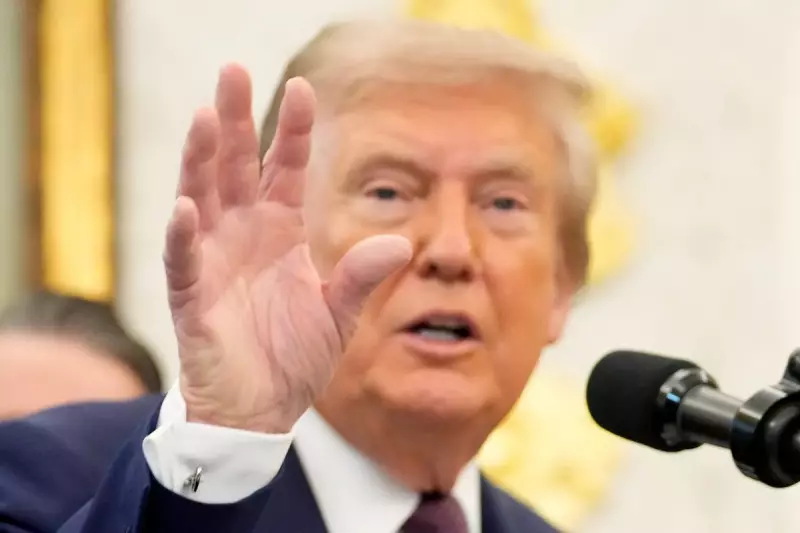
In a revelation that has sent shockwaves through international diplomatic circles, former US President Donald Trump allegedly told top European officials he would actively encourage Russian aggression against NATO members failing to meet defence spending targets.
The incendiary comments, reported by multiple sources including Poland's Donald Tusk, suggest Trump told European Commission President Ursula von der Leyen he would refuse to protect allies from Russian attacks and would instead "encourage" Moscow to do "whatever the hell they want."
Global Security Implications
This stunning admission comes amid growing concerns about Trump's potential return to power and his increasingly favourable stance toward Russian President Vladimir Putin. Security experts warn such a policy would effectively dismantle NATO's core collective defence principle and create dangerous vulnerabilities across Europe.
NATO's Article 5, which states that an attack on one member is an attack on all, has been the cornerstone of European security since the alliance's formation in 1949. Trump's alleged comments represent a fundamental threat to this decades-old agreement.
Political Fallout and Reactions
The reports have triggered alarm among Western leaders already concerned about Trump's isolationist tendencies and admiration for authoritarian regimes. Current President Joe Biden has condemned the remarks as "appalling and dangerous," highlighting the stark contrast between their approaches to international alliances.
European officials are reportedly developing contingency plans for a potential second Trump presidency, including strategies to bolster European defence capabilities independent of US support.
Historical Context and Pattern
This isn't the first time Trump has criticised NATO members over defence spending. During his first term, he repeatedly questioned the value of the alliance and pressured members to increase their military budgets. However, these latest alleged comments represent a significant escalation toward outright hostility.
The revelation comes at a particularly sensitive time, with ongoing conflict in Ukraine testing Western unity and resolve against Russian expansionism.





